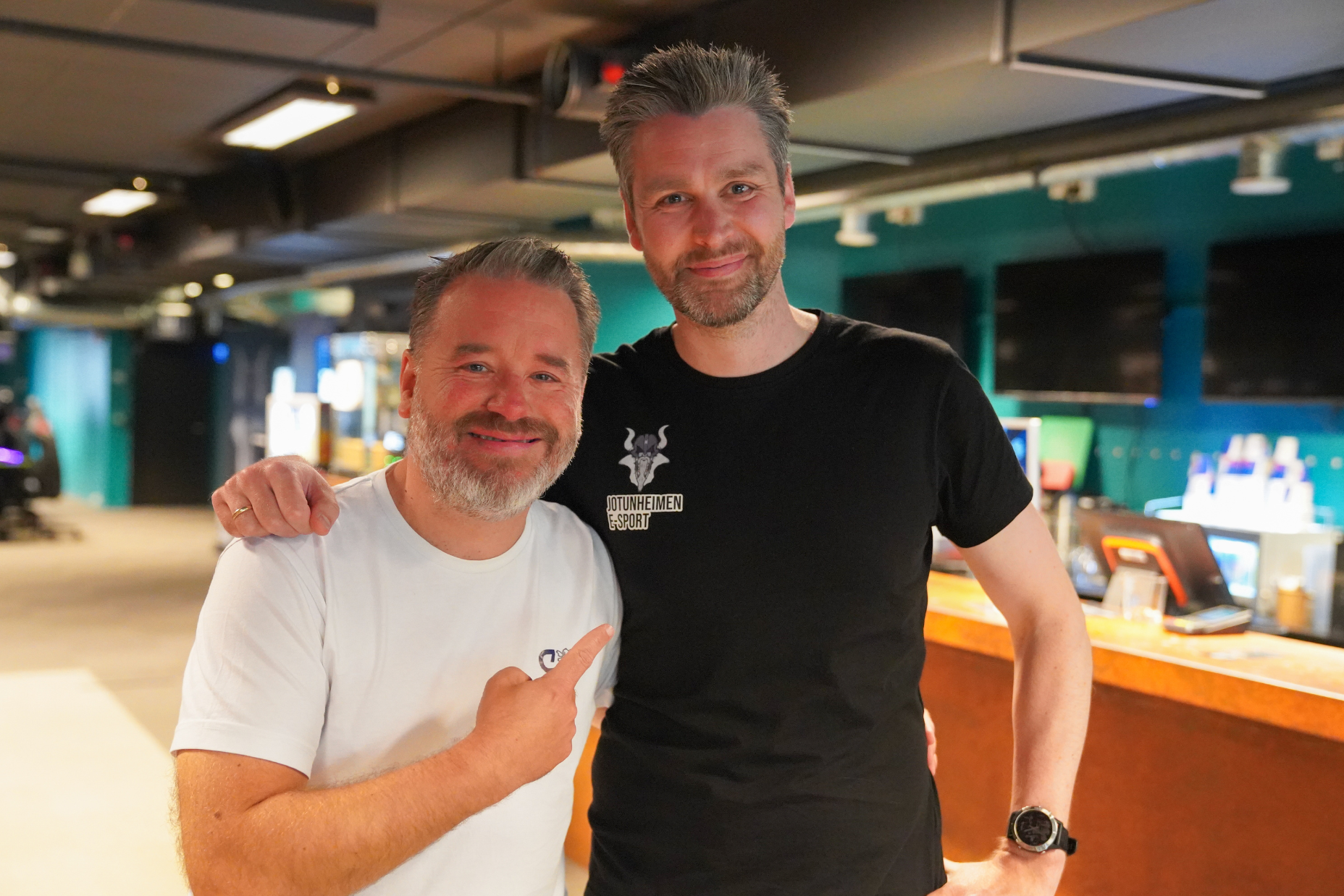
.png)
Filippa Kuhnle Sekkelsten
.png)
Influencer Market to Creator Economy

Brands are recognizing the real value of investing in content creators. We, as consumers, have power and responsibility for who these creators will be. Thereby, we have the power to change e-commerce and their products of the future.
The increasing success of social media platforms has made influencer marketing one of the most powerful marketing tools of 2023. The influencer market was worth about $8 billion in 2021, $16 billion in 2022, and is expected to grow into a $21 billion industry this year on account of the success of TikTok and data driven campaigns. This year we have seen more transparency and authenticity in marketing strategies as consumers seek trustworthy brands with creators who can relate to their lifestyle and financial status. The power of creators is already changing e-commerce drastically and is likely to continue doing so in the future.
Creators who focus on a specific niche usually have a strong, personal brand and are seen as authentic and trustworthy by their followers. This is why there is now a strong preference to work with nano and micro creators rather than macro-influencers. As a result, e-commerce platforms shift towards showcasing more authentic and unique products, rather than generic and mass-produced ones. New extensive research by Google reveals that 40% of their survey participants (18-44-year-old individuals who engage online) described themselves as video content creators. This highlights the current feasibility for brands to generate content like never before.
.png)
Content creators in niche markets are a great investment for brands as they differentiate themselves by specializing in a specific product or market segment. Return of investment from creators has become more predictable thanks to improved KPIs, and brands can now expect to earn 5x ROI. Data analytics and AI has made it easier for creators to personalize their offerings to better match their customers’ preferences and needs. This creates a loyal customer base, allowing higher prices and margins.
Social media platforms evolve as marketplaces, and e-commerce platforms integrate with these to make it easier for creators to sell products directly to their followers. Engaging directly to the audience allows them to control the customer experience, set their own pricing, and retain a higher percentage of revenue. Creators have been seeking ways for equalization between them and social media companies, and they are doing so by claiming their spot through sponsored posts, affiliate marketing, and collaborations.
The power has ended up shifting to the consumers rather than solely on the companies. Who we follow on social media directly impacts the e-commerce industry and their future products.
Sources, and interesting articles if you want to gain deeper knowledge:
https://influencermarketinghub.com/influencer-marketing-benchmark-report/
https://thesocialshepherd.com/blog/influencer-marketing-statistics
https://influencermarketinghub.com/influencer-marketing-roi/
https://finance.yahoo.com/news/influencer-marketing-platform-market-size-153000046.html
https://www.thinkwithgoogle.com/intl/en-154/marketing-strategies/video/video-trends-and-culture/?





